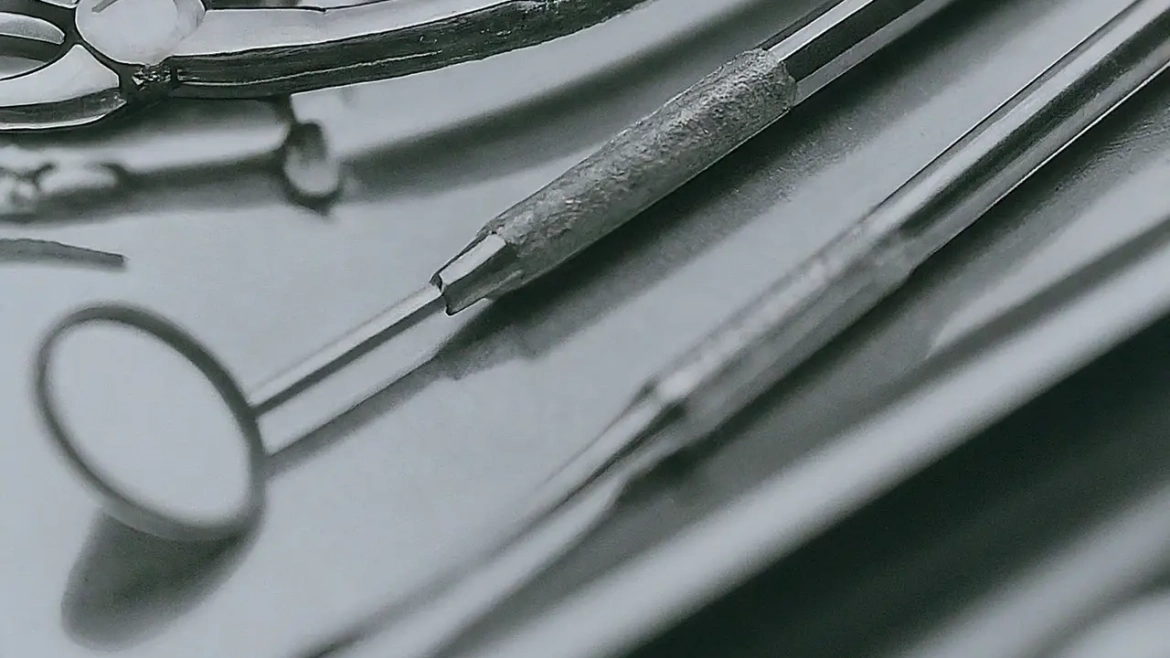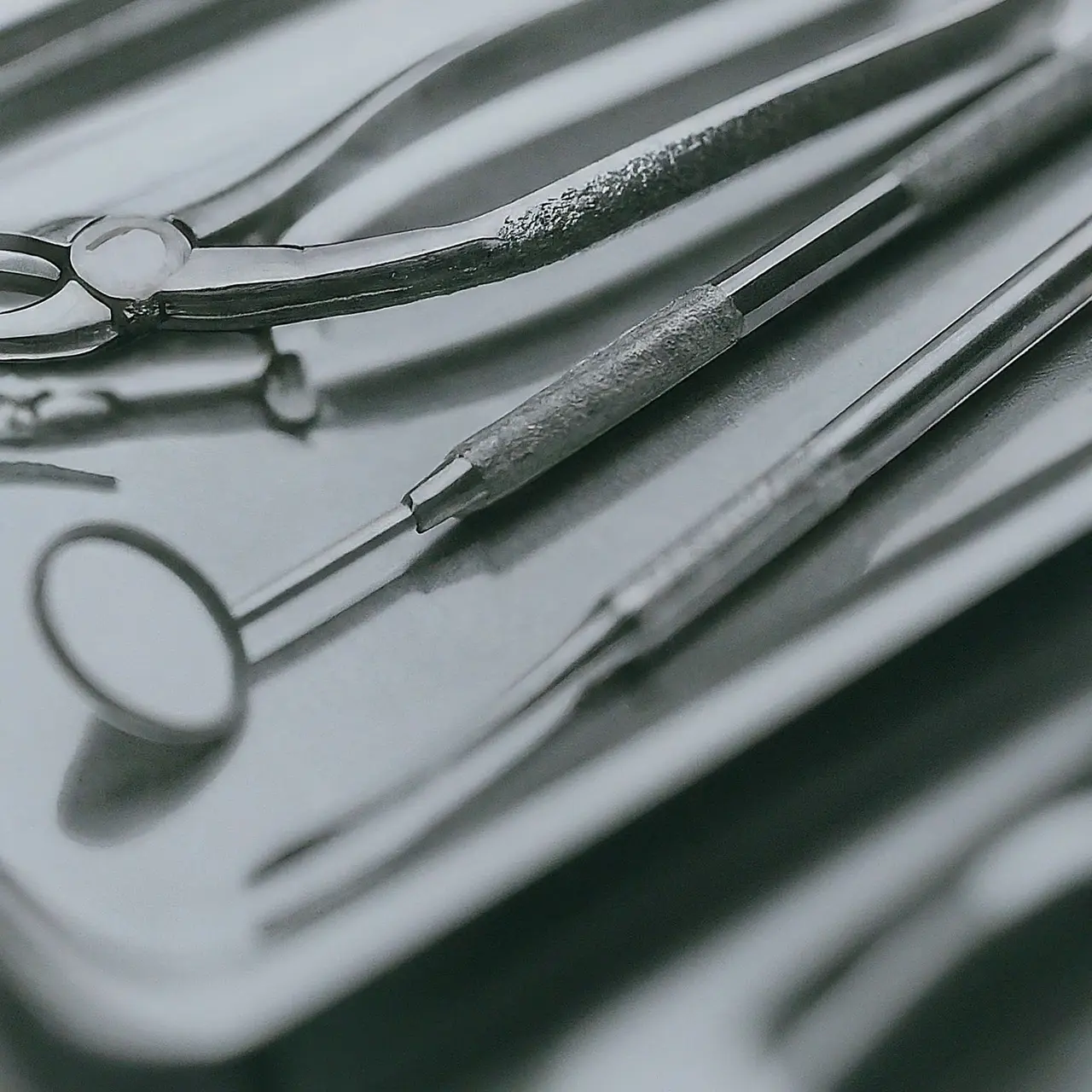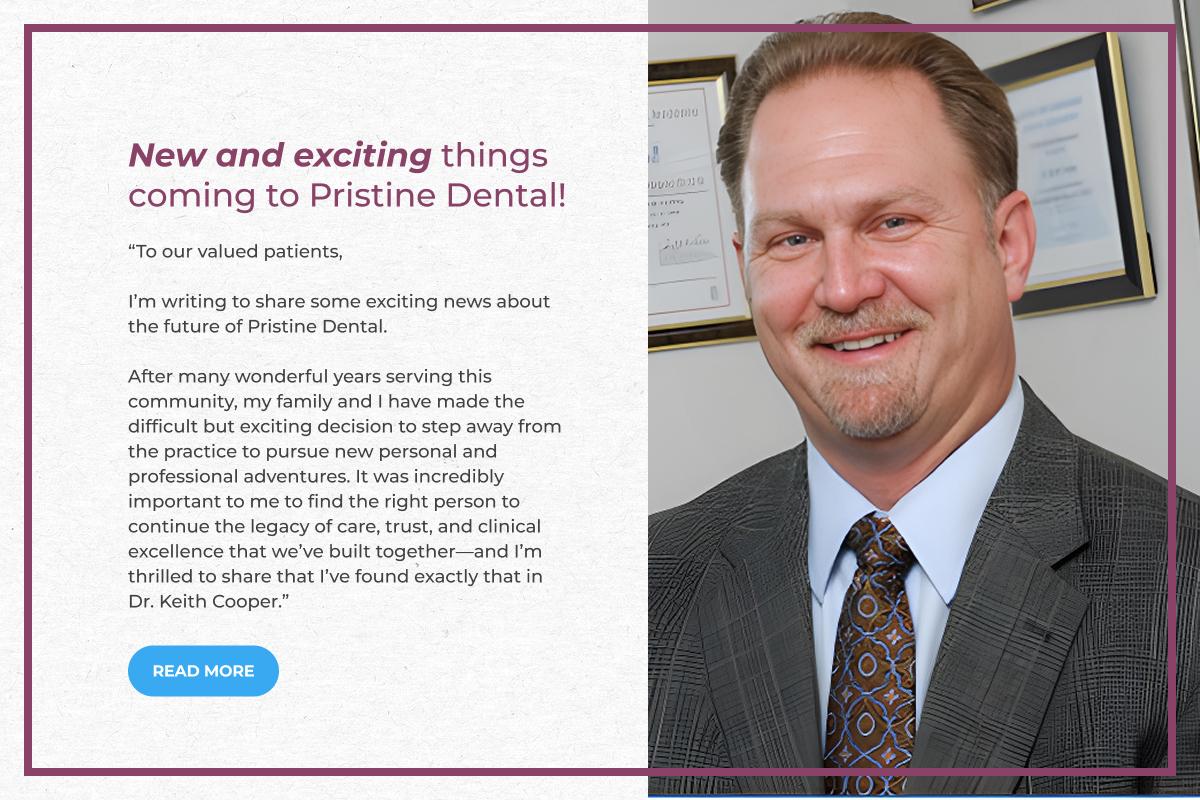When dental pain strikes unexpectedly, it can disrupt your entire day, turning routine tasks into unbearable challenges. This guide dives into effective strategies for managing sudden dental pain, providing relief until you can seek professional care. From understanding the root causes to home remedies and prevention techniques, learn how to navigate the complexities of dental emergencies with confidence.
Understanding Dental Pain: Causes and Immediate Relief
Dental pain, often a sign of underlying issues, can range from mild discomfort to severe agony. Common causes include cavities, gum disease, tooth fractures, or even an abscess. Recognizing the cause is the first step towards effective relief.
For immediate relief, rinsing your mouth with warm salt water can help reduce swelling and discomfort. Applying a cold compress to the outside cheek near the pain area can also alleviate pain and reduce inflammation.
Home Remedies for Quick Dental Pain Relief
Cloves are a traditional remedy for numbing nerves; clove oil applied to the affected area can provide temporary relief. Over-the-counter pain relievers are another option, though they should be used cautiously and as directed.
Peppermint tea bags can also serve as a soothing remedy. Once cooled, a tea bag applied to the area can help ease pain and reduce sensitivity.
Lastly, maintaining hydration and avoiding extremely hot or cold beverages can prevent pain from worsening while you seek a permanent solution.
When to Seek Professional Dental Care
If dental pain persists for more than a day or two, it’s critical to contact a dentist. Signs that warrant immediate attention include severe pain, swelling, fever, or difficulty breathing or swallowing.
A dentist can provide a thorough examination, diagnose the cause, and offer treatment options that address the root of the pain, ensuring long-lasting relief.
Preventing Future Dental Emergencies
Regular dental check-ups are paramount in preventing emergencies. These visits allow dentists to catch potential issues early, often before they start causing pain.
Good oral hygiene, including brushing twice a day and flossing daily, is essential in maintaining dental health and avoiding conditions that could lead to pain.
Lastly, being mindful of the diet and avoiding hard or sticky candies can prevent tooth fractures and decay, further safeguarding your teeth against painful situations.
Navigating the terrain of sudden dental pain requires a proactive approach, blending home remedies with professional guidance. Remember, while these strategies are effective for temporary relief, they serve as a bridge to the essential care provided by dental professionals. Prioritizing your oral health and adhering to preventative measures can significantly reduce the risk of emergencies, ensuring that dental pain doesn’t become a recurring obstacle in your life.



